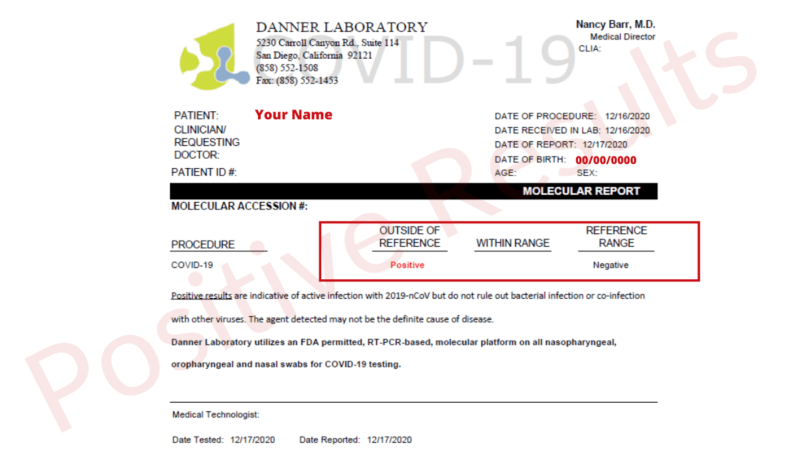


Rapid Antigen Test - Antigen tests are designed to detect the presence of a specific particle on the outside of the virus, known as the ‘antigen.’ Presence of the antigen implies active viral infection. Scientists use the PCR technology on the sample they collect from you to make copies of specific genes present in SARS-CoV-2 in order to detect if you have COVID-19. PCR Test - Polymerase Chain Reaction (PCR) test for COVID-19 is a molecular test that looks for the genetic material of SARS-CoV-2, the virus that causes COVID-19, from a sample collected from your upper airways. Samples for diagnostic tests are typically collected with a nasal or throat swab, or saliva collected by spitting into a tube.

Molecular and antigen tests are types of diagnostic tests that can detect if you have an active COVID-19 infection. If you develop symptoms, get a test and stay home. Individuals who have had close contact with someone with COVID-19 need to follow the most up-to-date quarantine guidance below, regardless of a negative test result or in the event they cannot access a test. Tests are a snapshot in time, and one negative test after exposure does not mean you will not test positive later. The recommendation to test after exposure is to allow individuals who test positive to isolate quickly and prevent additional spread. Individuals who have been exposed to someone with COVID-19: Tell your close contacts that they may have been exposed to COVID-19.Older patients and individuals who have underlying medical conditions or are immunocompromised should contact their physician early in the course of even mild illness.

INSTANT COVID TESTING NEAR ME FREE
If you are fever free and you have no symptoms or your symptoms are resolving, you may leave home after 5 days, but you must wear a well-fitting mask when around others for an additional 5 days. Do not leave your home for at least 5 days, except to get medical care. Stay home. Most people with COVID-19 have mild illness and can recover at home without medical care.Most people have mild illness and are able to recover at home. Individuals experiencing COVID-like symptoms: LDH stresses that testing alone is not a strategy to stay safe and protect others against Omicron and provides the following recommendations for people who are unable to be tested: When COVID-19 testing is widely available, LDH recommends testing for 1) individuals experiencing symptoms and 2) those who have been exposed to someone with COVID-19.


 0 kommentar(er)
0 kommentar(er)
